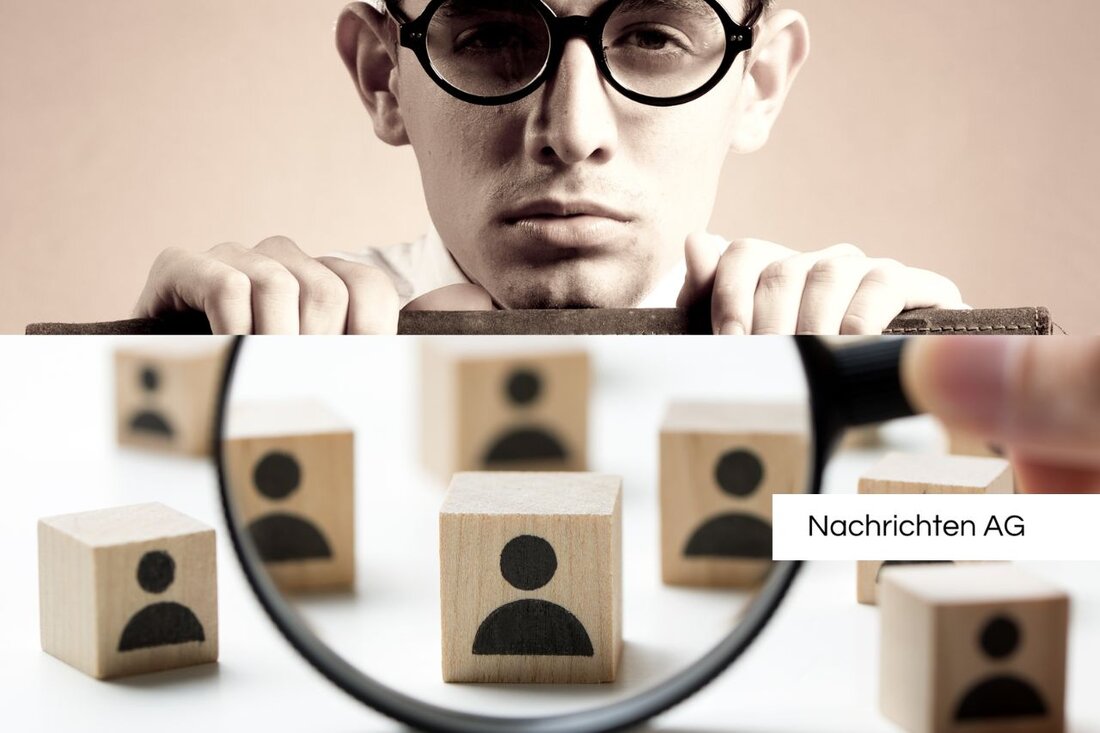Tennis star Katie Boulter: Hass comments threaten your life!
British tennis player Katie Boulter addresses hate comments on social media that endanger their security.

Tennis star Katie Boulter: Hass comments threaten your life!
The British tennis player Katie Boulter recently denounced the terrifying normality of hate comments on social media in an interview with the British broadcaster BBC. In her statements, she describes that she is confronted with death threats, both against herself and against her family. A particularly shocking comment she received was: "Hopefully you get cancer." Such threatening messages put a great burden on them because it becomes increasingly difficult for them to distinguish between real and supposed danger. Boulter suspects that many senders of this hate comment have bet on their matches and that the negative news arrives both after victories and defeats.
Lately there have also been reports on stalking incidents in the tennis scene that concerned players such as IGA Swiatek and Emma Raducanu. In order to better protect players, the professional organization WTA plans to introduce a technological solution in cooperation with other organizations. Artificial intelligence is used to efficiently filter hate messages. Between January and October 2024, around 12,000 posts and comments have already been discovered that violate the rules of conduct. 15 accounts were reported to the national law enforcement authorities to take appropriate measures.
The effects of digital violence
The case of Katie Boulter is not isolated; It reflects a growing problem that arises from digital violence. Janina Steinert, professor for Global Health at the Technical University of Munich, shows in a study that almost every second politically committed person who has experienced digital violence had to change their way of communication. This particularly affects women who are often underrepresented in political offices. According to Yvonne Magwas, CDU member of the Bundestag, continuing digital attacks break down.
The pandemic digital hate speech has far-reaching consequences for those affected: lower self-confidence, reduced performance and even eating or sleep disorders are common side effects. In extreme cases, such attacks lead to suicide thoughts. The HATEAID initiative therefore demands rapid measures to protect people affected by digital violence. It is committed to contact points within political parties and consistent persecution of ads.
challenges in regulation
Mark Zuckerberg recently announced that he is aiming for less regulation for Facebook and Instagram in the USA, which makes it difficult to combat hate comments. The situation is similar with Elon Musk and the Platform X. In the EU, however, both technologies and its operators face the regulation by the Digital Services Act (DSA), which clearly specifies how to proceed against hate comments and false information. This development is viewed by many as a danger to social integrity.
For people like Luisa Neubauer, the threat from hate comments is by no means considered a reason to let go of their political work. She sees every threat as a request to stand up for a fairer and inclusive society and to generate political pressure for better regulation of hate postings.
The fighting of hate speech not only requires innovative technologies, but also collective efforts on a political and social level to create a safe environment in the digital world for everyone.

 Suche
Suche
